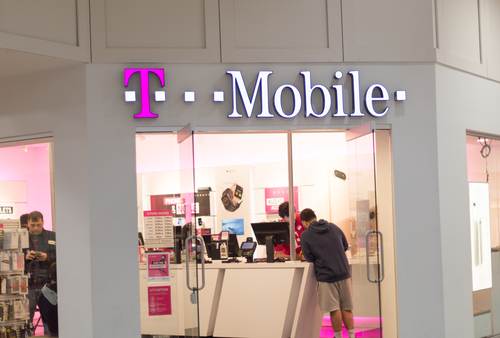T-Mobile’s App Policy Backfires as Workers Fight Back With “Penny Trick”

T-Mobile store employees are quietly asking customers to bring cash (even just a penny) when visiting stores to help both sides avoid the carrier’s frustrating new digital policy.
The unusual request stems from T-Mobile’s requirement that 60% of in-store transactions now go through the company’s T-Life mobile app, even when customers are standing right in front of a sales representative. According to PhoneArena, many customers and employees find this policy annoying since it defeats the purpose of visiting a store for hands-on help.
Here’s where it gets interesting: T-Mobile can’t force the app-based system for cash transactions. When customers pay with any amount of cash, store workers can still use their traditional tablet systems to walk customers through purchases and account changes the old-fashioned way.
Some creative employees have dubbed this workaround “the penny trick.” By having customers put even a small amount like a penny toward their purchase, the transaction becomes a cash sale, allowing representatives to provide the personal service that customers expect when visiting a store.
One T-Mobile worker posted on social media: “Customers please bring in a penny to split a payment so we can get you the phone a bit faster. Let’s band together to save not only your time, help save your store reps!”
However, T-Mobile management has caught on to this strategy and warned employees against participating. The company is reportedly tracking these workarounds and could punish workers who use them. Some employees have already lost monthly bonuses for not meeting T-Life app usage targets.
The frustration highlights a bigger problem with T-Mobile’s push toward digital-only service. Many customers, especially older adults, struggle with using apps for complex transactions and prefer talking to a real person when making important decisions about their phone service.
For now, bringing cash to T-Mobile stores remains the most reliable way to get traditional customer service, though the company may eventually close this loophole too.
Source: PhoneArena
